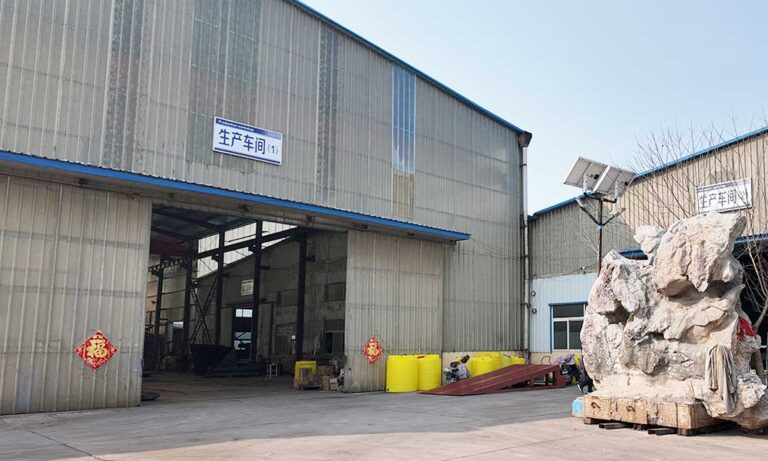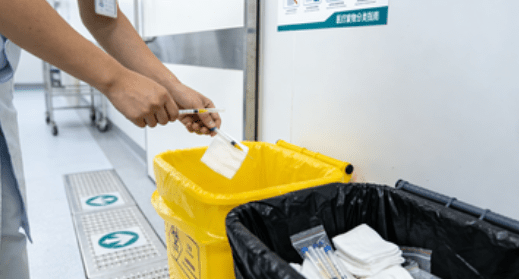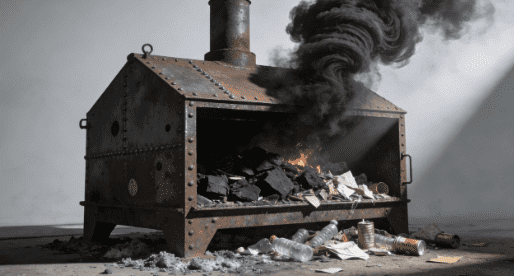Welcome to My Blog! 🌟
I’m so glad you’re here! Before we jump into the exciting content, I’d love for you to connect with me on my social media platforms. It’s where I share extra insights, interact with our amazing community, and post regular updates. Here’s how you can join the conversation:
📘 Facebook: Follow me on Facebook for more updates
Now, let’s dive into the journey ahead. I hope you find everything here both engaging and valuable. Together, let’s explore, learn, and grow! 🚀
Table of Contents
Introduction
Selecting the right water treatment equipment supplier is crucial for ensuring the efficiency, reliability, and longevity of your water treatment systems. With numerous suppliers in the market, each offering a range of products and services, making an informed choice can be challenging. This guide outlines five intelligent strategies to help you effectively compare water treatment equipment suppliers and make a decision that best suits your needs.
NO 1. Evaluate Technical Expertise and Support Services
When comparing water treatment equipment suppliers, one of the first areas to scrutinize is their technical expertise and the scope of support services they offer. Water treatment systems are complex and vary depending on specific industry needs, water quality conditions, and environmental regulations. Therefore, a supplier’s ability to provide tailored advice and practical support is essential for ensuring system success.
- Customized Solutions: Top-tier suppliers often conduct in-depth consultations to understand a client’s unique challenges, whether related to contaminants, system size, or local regulations. They can then design custom configurations that optimize performance and reduce operational costs. Generic or off-the-shelf systems rarely perform optimally across varied applications, making customization a key indicator of a competent supplier.
- On-Site Assessments: A credible supplier should offer on-site inspections to thoroughly assess your water sources, piping infrastructure, and existing treatment capabilities. These assessments enable accurate system design, which in turn minimizes the risk of oversizing or undersizing the equipment, which can result in inefficiencies or premature wear.
- Training Programs: Post-installation support is another critical metric. Training services ensure your staff can operate and maintain the system correctly, reducing the risk of equipment failure or water quality violations. Additionally, some suppliers offer remote diagnostics and on-call technicians, which add significant value, especially for high-capacity or mission-critical applications.
- Ultimately, water treatment equipment suppliers with in-depth technical knowledge and robust support services reduce your operational risk and improve the reliability of your water treatment infrastructure.
Suppliers with a strong technical team can provide valuable insights and ongoing support, ensuring optimal system performance.
NO 2. Verify Certifications and Compliance Standards
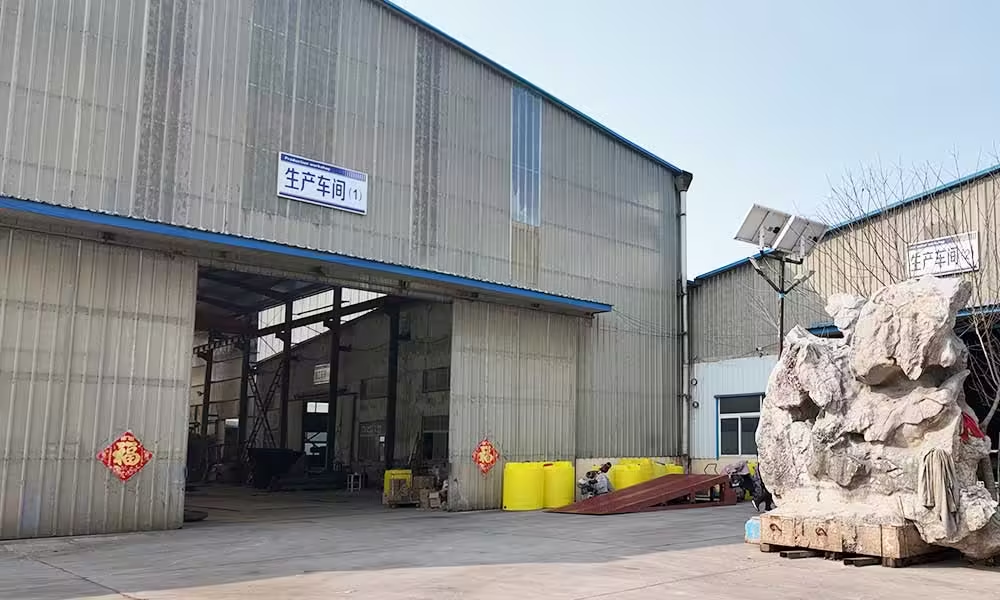
One of the clearest indicators of a supplier’s credibility and product quality is third-party certification. In the highly regulated water treatment industry, failing to comply with local, national, or international standards can lead to operational shutdowns, penalties, and serious environmental consequences.
- NSF International: NSF International certification ensures that a product meets strict public health protection standards. Water treatment equipment bearing NSF marks has been rigorously tested for structural integrity, material safety, and contaminant reduction capabilities.
- Water Quality Association (WQA): WQA-certified suppliers are recognized for their adherence to high technical and ethical standards. Their products often go through rigorous evaluations to ensure optimal performance and safety. Choosing such suppliers assures you that they are committed to transparency and quality assurance.
- ISO 9001 and ISO 14001: ISO 9001 and ISO 14001 are internationally recognized certifications for quality management and environmental practices. Suppliers holding these certifications typically maintain well-documented procedures and continuous improvement strategies, which ensures both operational consistency and sustainability.
Certified suppliers are more likely to provide reliable and effective water treatment solutions.
NO 3. Assess Supply Chain Reliability and Responsiveness
When choosing among water treatment equipment suppliers, one often-overlooked yet critical factor is the strength and reliability of their supply chain. The best-designed systems can quickly become liabilities if the supplier fails to deliver parts, components, or technical services on time. A responsive and efficient supply chain ensures smooth operations, reduces costly delays, and supports long-term system stability.
- Inventory Management: Leading water treatment equipment suppliers maintain a well-managed and forecast-driven inventory system. This allows them to keep adequate stock levels of both core equipment and consumables—such as filters, membranes, and chemical dosing pumps. Consistent inventory availability is especially important for facilities operating on tight maintenance schedules or in remote areas where urgent delivery is challenging.
- Delivery Timelines: Prompt and reliable delivery is essential, particularly for time-sensitive installations or emergency replacements. Reputable water treatment equipment suppliers typically provide accurate lead times, real-time shipment tracking, and dependable logistics support. Delays in delivery can result in production shutdowns, missed compliance deadlines, or unsafe water conditions—risks that no facility can afford.
- Emergency Support: Unplanned equipment failures can occur, and when they do, fast response is non-negotiable. Top water treatment equipment suppliers offer emergency services, such as 24/7 technical support, rapid dispatch of technicians, and local service partners to address critical failures quickly. Additionally, flexibility in logistics—like expedited shipping or same-day dispatch—demonstrates a supplier’s commitment to your operational continuity.
A reliable supply chain minimizes downtime and ensures continuous system functionality.
NO 4. Compare Total Cost of Ownership
When evaluating different water treatment equipment suppliers, it’s vital not to focus solely on the initial purchase price. Instead, you should take a holistic view through Total Cost of Ownership (TCO) analysis, which considers the full financial lifecycle of the equipment. This helps you make a cost-effective decision that aligns with long-term operational goals.
- Initial Purchase Price: While upfront cost is a starting point, lower-priced systems from less reputable water treatment equipment suppliers might lack durability or efficiency, ultimately leading to higher maintenance costs and reduced performance over time. A thorough price analysis should include all necessary components, accessories, and technology features.
- Installation Fees: Installation costs can vary significantly depending on system complexity and supplier services. Full-service water treatment equipment suppliers often include installation in their quotes or offer turnkey solutions, which reduce the risk of misalignment or technical errors during setup.
- Maintenance and Operating Costs: Ongoing maintenance is a major component of TCO. High-quality water treatment equipment suppliers provide equipment that requires less frequent repairs, uses standard parts, and includes user-friendly diagnostic systems. Consider also the availability of service plans, warranties, and remote monitoring features that can reduce unplanned expenditures.
- Energy Consumption: Energy efficiency plays a crucial role in operational cost. Advanced water treatment systems with energy-saving motors, optimized flow design, or automated shutdown features help lower monthly utility bills. Water treatment equipment suppliers should be transparent about energy usage metrics and offer eco-efficient product lines.
- Replacement Parts: Costs for components that require periodic replacement.
Analyzing TCO helps in selecting a supplier whose offerings provide the best value over time.
NO 5. Review Customer Feedback and Case Studies
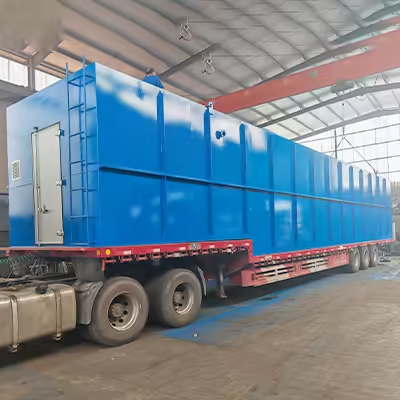

Before making a commitment to any water treatment equipment suppliers, it’s essential to examine real-world results through customer testimonials, online reviews, and documented case studies. These resources provide valuable insights into the supplier’s credibility, service quality, and ability to deliver effective, long-term solutions.
- System Performance: Case studies published by reliable water treatment equipment suppliers often highlight how their systems performed under challenging conditions. These studies typically include measurable results, such as improvements in water purity, reductions in downtime, or regulatory compliance achievements. When multiple clients in your industry report consistent performance, it suggests the supplier understands your specific operational needs.
- Quality of Customer Service: Timely communication, installation support, and post-sale service are important indicators of a supplier’s customer commitment. Strong water treatment equipment suppliers often earn praise for their proactive support, fast issue resolution, and accessible technical teams. On the other hand, poor reviews often reveal chronic delays, unresponsive staff, or lack of accountability—red flags that should not be ignored.
- Problem Resolution Capabilities: Every system encounters occasional hiccups, but how the supplier responds is crucial. The best water treatment equipment suppliers are transparent about how they handle service disruptions, warranty claims, and long-term system optimization. Case studies may include examples of how the supplier helped a client resolve a sudden equipment failure, adapt to new compliance requirements, or upgrade system components over time.
- Reputation in the Industry: Beyond isolated reviews, it’s also helpful to consider how long the supplier has been operating and whether they have partnerships with well-known industry brands or regulatory bodies. Water treatment equipment suppliers with a long track record often have the resources, expertise, and infrastructure needed to support your operations consistently.
Positive feedback from clients with similar needs can indicate a supplier’s suitability for your requirements.
Comparison Table: Key Evaluation Criteria
| Evaluation Criteria | Importance | Considerations |
|---|---|---|
| Technical Expertise | High | Availability of customized solutions, on-site assessments, and training programs |
| Certifications | High | Presence of NSF, WQA, ISO 9001, and ISO 14001 certifications |
| Supply Chain Reliability | Medium | Inventory management, delivery timelines, and emergency support |
| Total Cost of Ownership | High | Comprehensive analysis of all associated costs over the equipment’s lifespan |
| Customer Feedback | Medium | Testimonials and case studies reflecting supplier performance and reliability |
Conclusion
Comparing water treatment equipment suppliers involves a multifaceted evaluation of their technical capabilities, compliance with industry standards, supply chain reliability, cost implications, and customer satisfaction. By systematically assessing these factors, you can identify a supplier that not only meets your immediate needs but also supports your long-term operational goals.
FAQ
Why is technical expertise important when selecting a water treatment equipment supplier?
Technical expertise ensures that the supplier can provide customized solutions, conduct thorough assessments, and offer ongoing support, leading to efficient and effective water treatment systems.
What certifications should I look for in a supplier?
Look for certifications such as NSF International, WQA, ISO 9001, and ISO 14001, which indicate adherence to quality, safety, and environmental standards.
How does supply chain reliability affect my operations?
Reliable supply chains ensure timely delivery of equipment and services, reducing the risk of operational downtime and associated costs.
What factors are included in the total cost of ownership?
TCO encompasses the initial purchase price, installation fees, maintenance and operating costs, energy consumption, and expenses for replacement parts over the equipment’s lifespan.
How can customer feedback inform my supplier selection?
Customer testimonials and case studies provide real-world insights into a supplier’s performance, reliability, and customer service quality, helping you make an informed decision.



